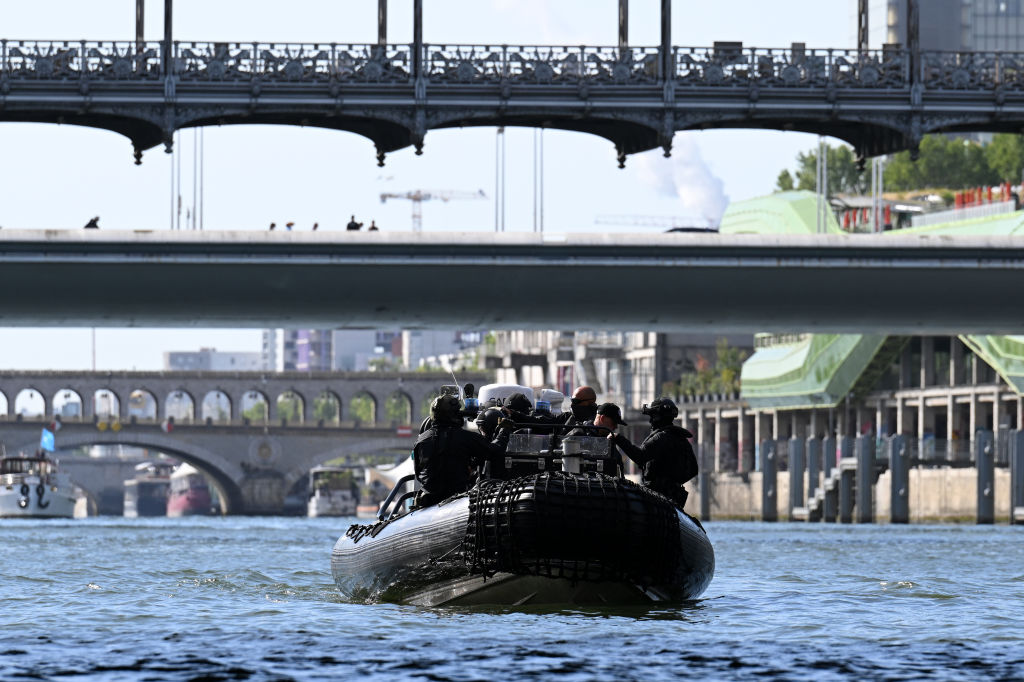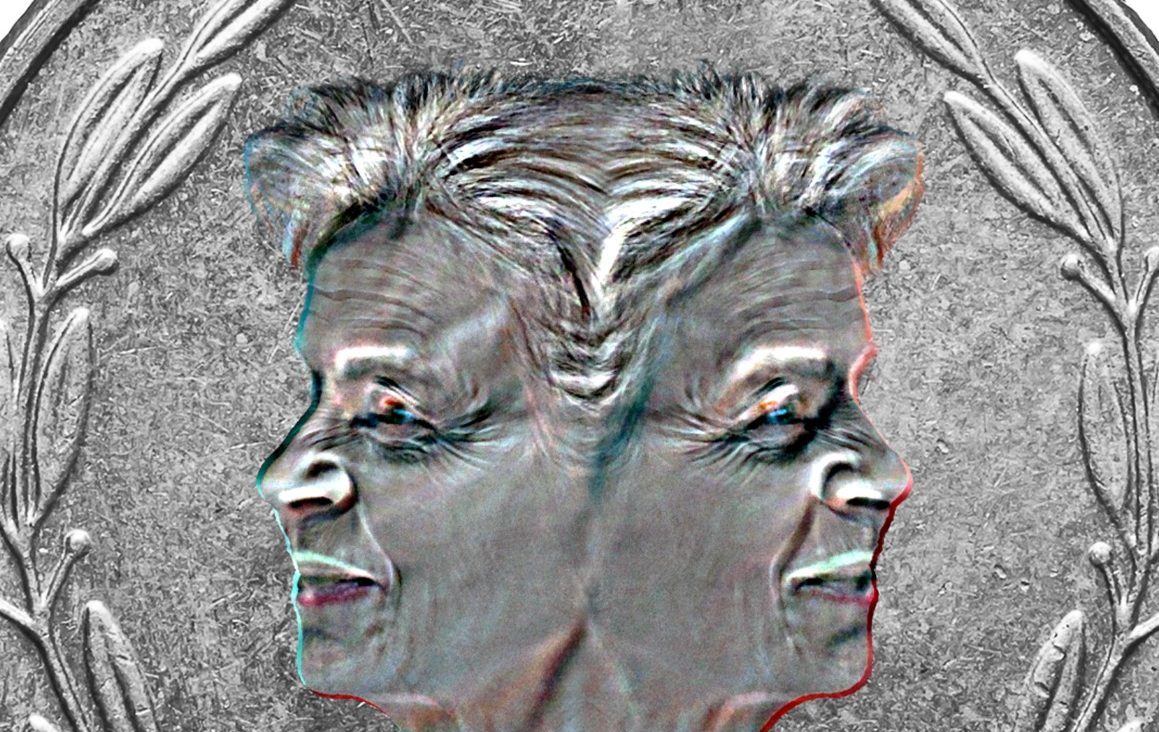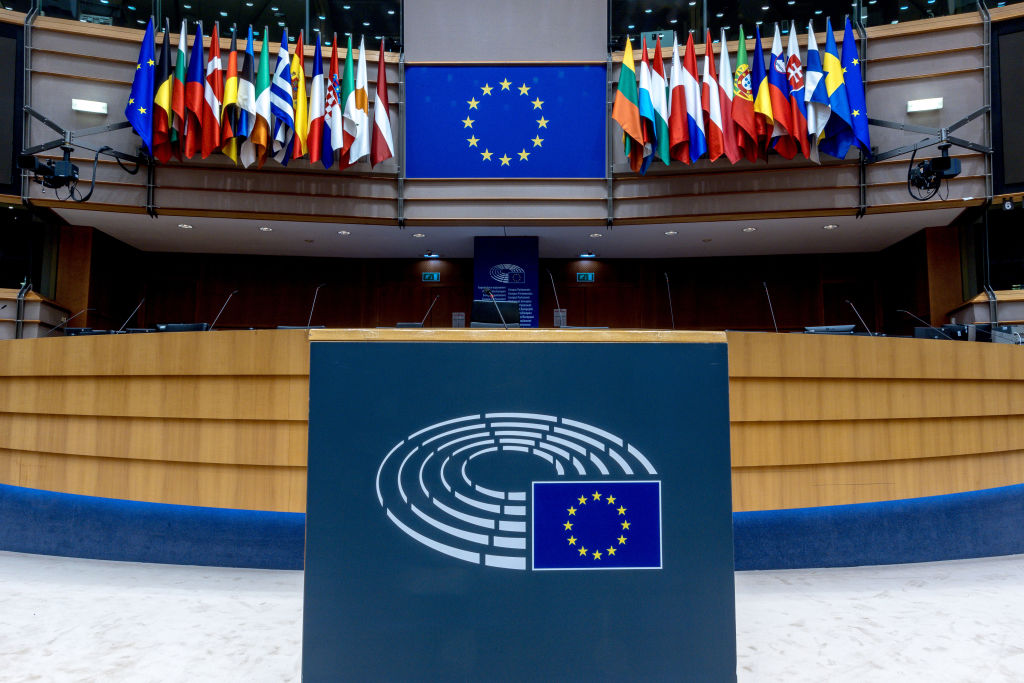Relations between Azerbaijan and the European Union remain strong despite the “unhelpful” interventions of France, a senior Baku official said.
Hikmet Hajiyev, the chief foreign policy advisor to President Ilham Aliyev, told Brussels Signal that Azerbaijan was interested in furthering its co-operation with the EU and NATO, especially ahead of the country’s COP29 summit in November.
He did express dissatisfaction with French interference in the region, arguing that Paris had been acting “counterproductive” to peace in the region by arming Armenia.
“So far, the real actions of France in our region have been unhelpful,” he said, describing French intervention as “detrimental to the advancement” of peace in the region.
He highlighted France’s “militarisation” programme for Armenia as being particularly worrisome in terms of peace.
“We don’t understand it,” Hajiyev said. “What is the purpose of that?”
The senior politician rejected claims made by Paris that Baku has been nefariously interfering with its hold over the New Caledonia archipelago.
Hajiyev acknowledged his country was critical of France’s activities on the South Pacific island chain, but rejected any suggestion that Azerbaijan had engaged in a “disinformation” campaign targeting the region.
“Really, we don’t find [this claim] substantiated. And even we don’t find it a serious,” he said.
The official went on to criticise France for publishing the names of several Azerbaijani citizens believed to be helping stoke “disinformation” in New Caledonia.
While Paris insisted these individuals were doing so on behalf of Baku, Hajiyev stated that their social media posts regarding the situation were merely instances of private citizens publicising their political beliefs.
“Who are these people? These are real people. Individuals. And they have their own official accounts on social media,” he said.
“We are not talking about trolls. We are not talking about baiters or whatever. We’re talking about real people who have names, jobs and affiliations to certain political groups.
“They are youngsters coming together and making their voices heard.
“I’m afraid that calling [their activities] a disinformation campaign is a violation of the fundamental principle of freedom of expression,” he added.
Hajiyev noted that many affected Azeris were now thinking of bringing their case to the European Court of Human Rights over having had their privacy “breached” by “fringe security institutions”.
Azerbaijan is unhappy over what it sees as an increasingly warm European Union relationship with Armenia and with the country’s possible accession to the EU even being considered. https://t.co/Nr1cc53vG6
— Brussels Signal (@brusselssignal) March 14, 2024
Despite the diplomatic spat, Hajiyev expressed satisfaction with the progression of Azerbaijan’s relations with Western powers, such as NATO and the European Union.
While relations with the latter had been strained as a result of the conflict in Nagorno-Karabakh, the senior official said the feeling on the ground was now that “this chapter is turned”.
Even with France, Hajiyev said that “further dialogues” between the two countries had been launched, and that he expected that such talks would “manage to overcome” all the “challenges and misunderstandings” they have with one another.
The official also stressed the country’s long-time relationship with NATO. Having met with officials from the organisation earlier that day, Hajiyev stressed that his country had frequently worked closely with NATO on humanitarian missions, such as the Afghanistan evacuation in 2021.
“The last soldier who left Kabul airport was an Azerbaijani soldier because we were responsible for guarding it,” he said.
Hajiyev also appeared to hint that Azerbaijan could help with the situation in Ukraine. While not mentioning any particular country, he stressed that Baku has had to develop significant expertise in clearing landmines in Nagorno-Karabakh for the purpose of reducing civilian deaths.
Azerbaijan is not just looking to increase ties with the West, however, with the policy advisor also acknowledging Baku’s efforts to better ties with Armenia, Iran, Turkey, Russia, and its various other neighbours in the Caucuses region.
The country recently performed joint military exercises with Iran in the Azerbaijani exclave of Nakhchivan, as well as within Iran.
When asked if the increasing talk of global “multipolarity” had played into such a desire, Hajiyev stressed that Azerbaijan had always been a non-aligned country that seeks a “third way” forward internationally.
“Azerbaijan has many different geopolitical identities,” he said, noting that the country had deep ties to the Caucuses, Turkic world, Central Asia, Post-Soviet world and Islamic civilisation.
He stressed that maintaining a positive relationship with its neighbours was a “cornerstone” of its foreign policy.
Hajiyev even stressed that relations with Armenia were normalising, and that the two countries were “far closer” to a lasting peace than at any time before the fall of the Soviet Union.
France has banned Chinese social media platform TikTok on its island of New Caledonia amid claims regarding “foreign interference” on the island. https://t.co/Udtam61lDu
— Brussels Signal (@brusselssignal) May 16, 2024





